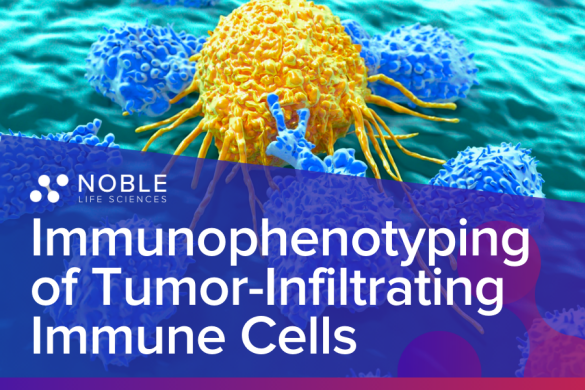Advancing Cancer Research: The Role of Oncology Contract Research Organizations (CROs)
In the quest to combat cancer, the role of Oncology Contract Research Organizations (CROs) has become increasingly vital. These specialized…
Hot Posts
Kream Live Resin Disposable: The Ultimate Convenience in Cannabis Consumption
In the evolving world of cannabis products, Kream Live Resin Disposable vapes have emerged as a game-changer for enthusiasts seeking…
Understanding The Top Challenges With Asset And Inventory Counts
Do you run a retail store, warehouse, manufacturing business, restaurant, pharmacy, or technology firm? If yes, then there’s a big…
Best French Press: The Perfect Addition to Your Kitchen Accessories
When it comes to enhancing your coffee-making experience, the Best French Press stands out as a must-have in your…
Enhancing Your Home with Bamboo Wood Stain and Vinyl Siding Restorer
In the realm of home improvement, the significance of selecting the right materials and finishes cannot be overstated. Among the…





